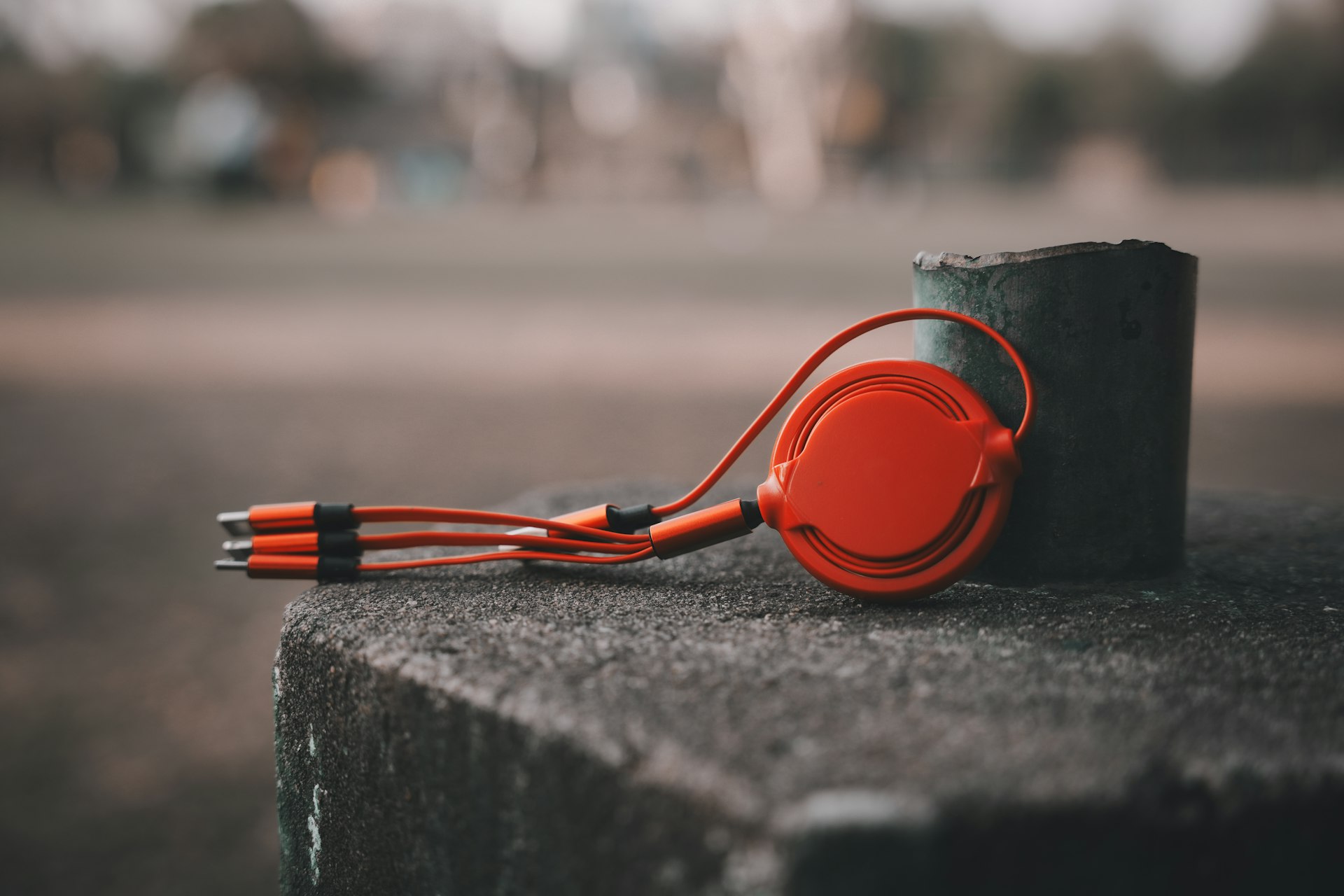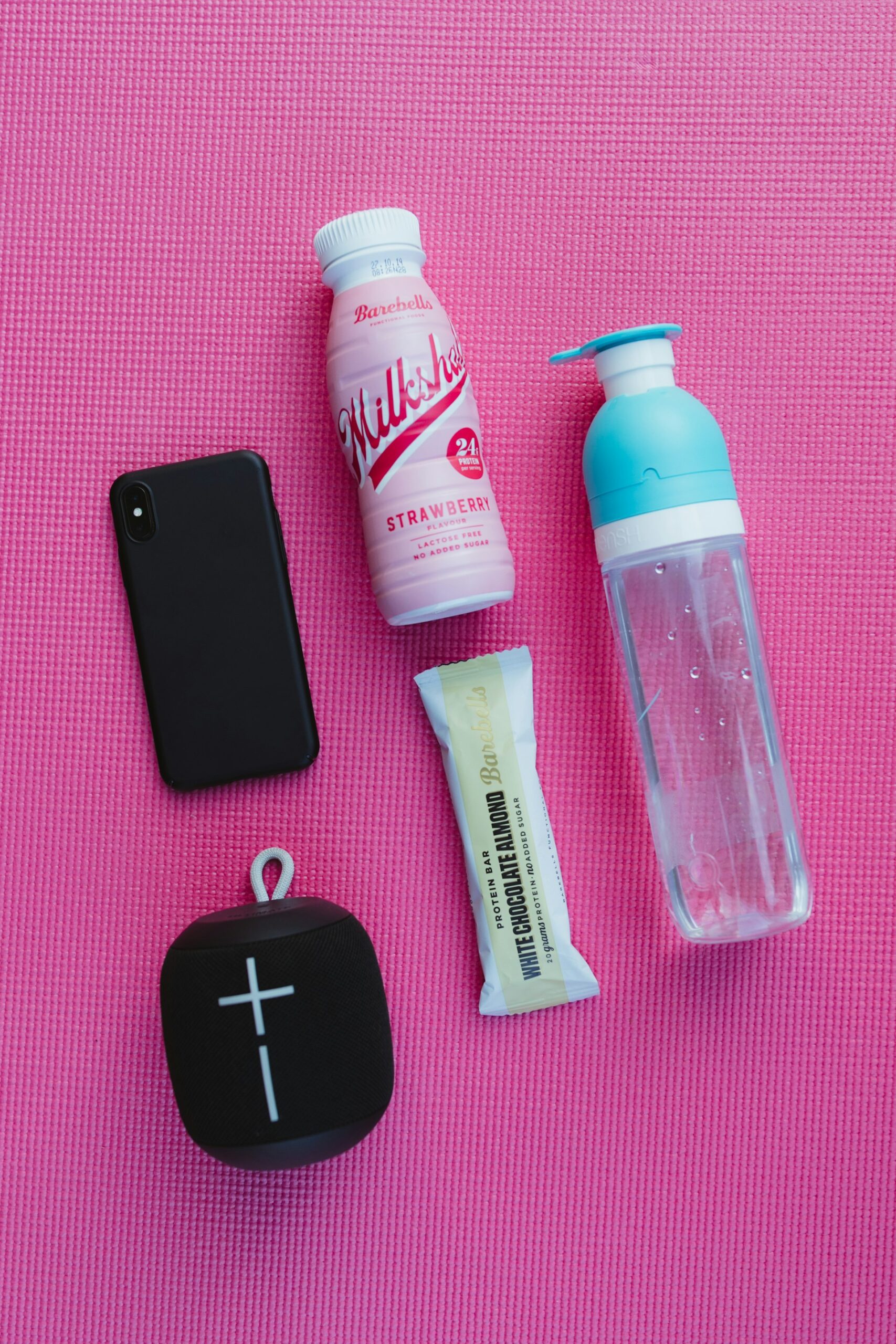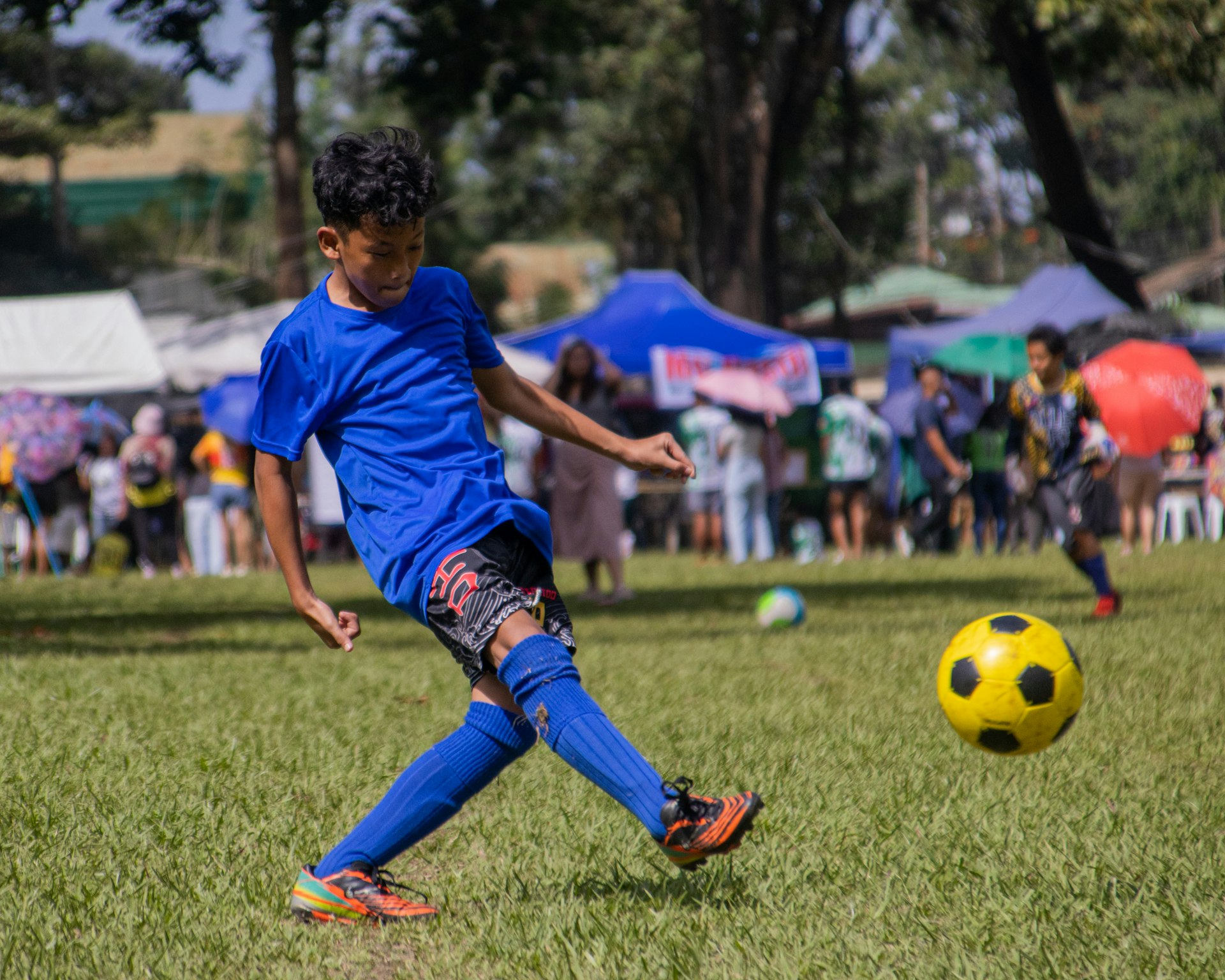Unlocking Competitive Success: How Emotional Resilience Drives Peak Performance

Photo by engin akyurt on Unsplash
Introduction: The Role of Emotional Resilience in Competition
Success in competitive environments often comes down to more than just technical skill or physical ability. Increasingly, research and real-world experience show that emotional resilience -the capacity to adapt, recover, and thrive in the face of adversity-plays a decisive role in achieving peak performance. Whether in sports, business, or personal pursuits, those who develop this vital attribute are better equipped to handle pressure, rebound from setbacks, and maintain motivation over the long term. This article explores the science behind emotional resilience in competition, offering actionable steps, real-world examples, and practical guidance for individuals and organizations seeking to foster this crucial trait.
Why Emotional Resilience Matters in Competitive Settings
Competition, by its nature, introduces unpredictability, stress, and the potential for failure. Without effective coping mechanisms, these pressures can lead to anxiety, diminished self-confidence, and ultimately subpar performance. Research on Olympic athletes reveals that resilience is not just about
surviving
stress, but using it as a springboard for growth and sustained excellence
[1]
. Mentally resilient competitors can maintain high performance levels even under intense scrutiny and adversity, turning challenges into opportunities for development. This ability is as valuable in the boardroom and classroom as it is on the field or court.

Photo by Jonathan Chng on Unsplash
Key Components of Emotional Resilience
Developing emotional resilience is a multifaceted process. Multiple studies and expert opinions highlight several recurring components:
- Positive Personality Traits: Traits such as optimism, conscientiousness, and emotional stability are common among top performers. These enable individuals to approach setbacks constructively and persist in their efforts [1] .
- Motivation: Both intrinsic (personal satisfaction, passion) and extrinsic (recognition, rewards) motivations drive resilient competitors to keep striving for improvement even when facing obstacles [1] .
- Self-Confidence: High self-confidence, often developed through preparation and support, empowers individuals to stay positive when under pressure [3] .
- Focused Attention: The ability to concentrate on the present task helps competitors avoid distractions and manage stress effectively [1] .
- Social Support: Support from coaches, peers, friends, and family acts as a buffer against stress, enhancing emotional security [1] .
The Science: Emotional Resilience and Performance Outcomes
Athletes with higher resilience consistently report lower anxiety and higher self-confidence before competitions. This effect is well-documented in both combat sports and team athletics, where mentally tough individuals are less likely to be derailed by setbacks or external pressure
[3]
. The
Goal-Expectancy-Self-Control (GES) model
explains this by showing how goal-setting, self-efficacy, and self-control contribute to resilience. These psychological resources are not innate; they can be developed through targeted training and practice.
Real-World Examples: Lessons from Elite Competitors
The experiences of Olympic champions and professional athletes provide compelling case studies. For instance, many gold medalists attribute their success not just to talent or physical preparation, but to their ability to stay focused, adapt to setbacks, and maintain motivation despite daunting odds [1] . Outside of sports, entrepreneurs, executives, and students who cultivate resilience report similar benefits-faster recovery from failures, improved problem-solving, and a sustained drive toward long-term goals.
Building Emotional Resilience: A Step-by-Step Guide
Developing emotional resilience is a proactive, ongoing process. The following steps offer a practical roadmap for individuals and organizations:
- Self-Awareness and Emotional Regulation Begin by learning to identify and acknowledge your feelings, especially during high-stress moments. Naming emotions-such as anxiety before a game or frustration after a loss-allows for more effective coping. Practice calming strategies like deep breathing, visualization, or mindfulness to stay centered in the moment [4] .
- Set Personal and Meaningful Goals Define goals that genuinely matter to you, not just those imposed by coaches or peers. Break large objectives into smaller, actionable steps, and celebrate each milestone. Clear, meaningful goals foster motivation and make it easier to persist through setbacks [4] .
- Develop Healthy Coping Skills Replace unhelpful habits like avoidance or negative self-talk with positive coping mechanisms. Techniques such as journaling, seeking constructive feedback, or engaging in physical activity can help manage stress and build resilience over time [4] .
- Strengthen Support Networks Identify people-family, friends, mentors, teammates-who can offer encouragement and perspective during challenging times. Build relationships based on trust and mutual support, and don’t hesitate to reach out when needed [4] .
- Foster Positive Self-Image and Thought Patterns Work on affirming your strengths and accomplishments regularly. Limit exposure to negative influences, including unhelpful comparisons on social media. Focus instead on your progress and unique abilities [4] .
Challenges and Solutions: Overcoming Barriers to Resilience
Building emotional resilience is not without obstacles. Common challenges include persistent self-doubt, lack of support, or ingrained negative habits. To overcome these:
- Seek professional guidance from coaches, counselors, or sports psychologists familiar with resilience training.
- Join peer groups or community organizations that emphasize healthy competition and mutual support.
- Prioritize self-care, including adequate sleep, nutrition, and downtime, to ensure a strong foundation for emotional well-being.
- Use setbacks as learning opportunities. Analyze what went wrong, extract lessons, and adjust your approach for future competitions.
For those looking for additional help, you can consult mental wellness resources offered by many colleges, sports organizations, and community centers. If you are unsure where to start, consider searching for “mental resilience training” or “sports psychology services” in your area, or contact your local sports federation or school counseling office for recommendations.
Alternative Approaches to Developing Resilience
While traditional coaching and self-help strategies are effective, alternatives such as mindfulness-based stress reduction programs, cognitive-behavioral therapy, and team-building workshops have shown promise in enhancing emotional resilience. Many organizations and licensed therapists offer these services-if you are interested, search for certified providers through your national psychological association or consult your primary healthcare provider for referrals.
The Impact of Emotional Resilience Beyond Sports
The benefits of emotional resilience extend well beyond athletics. In educational and professional settings, emotionally resilient individuals demonstrate better stress management, higher productivity, and increased satisfaction. For young people, developing resilience through sports participation is linked to greater self-esteem and improved mental health outcomes [5] . This underscores the value of integrating resilience-building practices into youth programs, academic curricula, and workplace training.
How to Access Support and Resources
While there is no one-size-fits-all solution for building emotional resilience, you can:
- Contact your local sports club, school counseling department, or community center to inquire about resilience training workshops or support groups.
- Search for “mental resilience training” or “performance psychology services” through reputable directories such as the American Psychological Association ( apa.org ), or consult with your healthcare provider for recommendations.
- Explore resources on emotional wellness and athlete development provided by established organizations such as TrueSport ( truesport.org ).
- If you are a parent or coach, consider collaborating with certified mental health professionals to design custom resilience-building programs for young athletes.
Key Takeaways
Emotional resilience is a learnable skill that can dramatically impact competitive success and overall well-being. By understanding its components, actively cultivating supportive habits and networks, and seeking out credible resources, individuals and teams can unlock higher levels of achievement and satisfaction-on the field, in the workplace, and beyond.
References
[1] Relational Psych Group (2022). How to Have the Psychological Resilience of Olympic Athletes.
[2] The Performance Pursuit Consulting (2023). 3 Mental Skills to Build Resilience for Athletic Success.
[4] TrueSport (2023). Use Athlete Strengths to Build Physical & Emotional Resilience.
MORE FROM dealdetectivepro.com













